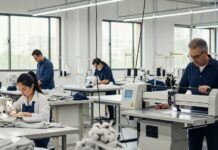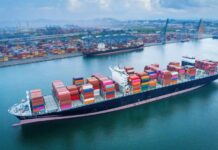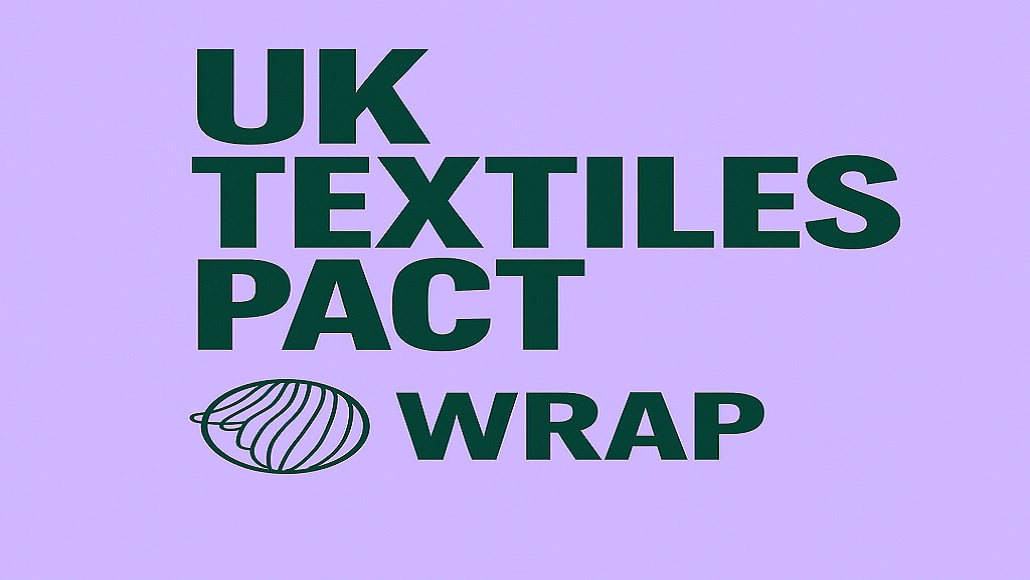The UK’s journey towards a more sustainable textiles industry has been significantly bolstered with the rebranding of WRAP’s Textiles 2030 initiative to the UK Textiles Sustainability Pact. This transformation aligns the initiative with WRAP’s other impactful voluntary agreements, such as the UK Food & Drink Pact and the UK Plastics Pact, reinforcing its dedication to sustainability and circular economy goals.
The UK Textiles Sustainability Pact remains committed to its core objectives, which include reducing the carbon footprint of newly marketed textile products by 50%, lowering water usage by 30%, and fostering collaborative efforts to achieve the Circularity Roadmap’s ambitious targets. Since its launch, over 130 organizations across the fashion and textile supply chain have pledged to participate, including nonprofit and trade groups.
WRAP’s strategic rebranding of the initiative coincides with its broader mission to promote Circular Living, embedding sustainable practices into both corporate strategies and consumer habits. The initiative has also reaffirmed its position as a leader in international collaboration, aiming to guide the textiles industry towards net-zero carbon emissions through circular economy principles.
Significant contributions from the UK Textiles Pact also support global strategies like the G7 Agenda on Circular Textiles and Fashion, with WRAP serving as a Joint Action Lead. Additionally, the UK Government has endorsed the pact, with Environment Secretary Steve Reed emphasizing its importance in the Circular Economy Taskforce discussions.
Mark Sumner, programme lead for the UK Textiles Pact, stated: “Membership to the UK Textiles Pact allows businesses to collaborate with WRAP’s experts, access evidence-based tools and resources, and participate in working groups that address the pressing sustainability challenges facing the textiles sector. This is a trusted network fueled by innovation, expertise, and collective determination.”
As a central element of WRAP’s Textiles Action Network, the pact supports the transition to a circular economy for textiles. Through initiatives like resale and repair strategies, the program is already making an impact by reducing the demand for new clothing.
With its refreshed identity and unwavering focus on sustainability, the UK Textiles Sustainability Pact continues to pave the way for a greener and more responsible future in the textiles industry.

































